Electric vehicle design and engineering specialist Watt Electric Vehicle Company (WEVC) has unveiled a production-ready version of its eCV1 electric light commercial vehicle (LCV).
The company designs, develops and manufactures low-to-medium volume EVs for the light commercial, passenger and sports car sectors, both under its own brand and for third parties, and has production facilities in Cornwall and the Midlands.
WEVC showed a prototype of the eCV1, a completely clean-sheet design, at the 2023 CV Show and has since been testing the vehicle with a number of potential end users, resulting in a revised body style to further increase its carrying capacity.
The production eCV1 boasts a wide-body layout and ultra-low low access height configuration; WEVC says it will provide fleets the attributes of a Luton conversion – the largest type of van which can be driven in the UK with a standard licence – but with the low access height of an air suspension vehicle, in a more aerodynamic and efficient integrated body.
The central driving position which was displayed in the CV Show prototype has been retained on the production vehicle, which WEVC says allows a safer kerbside exit for the operator, whichever side of the road the vehicle is driving or parked on.
Further revisions prior to production have resulted in what is described as unrivalled visibility for the driver, with a class-leading viewing angle in front of the vehicle – vital for safe operation in towns and cities.
The eCV1’s cabin can be configured as a walk-through two-seater or without a sliding bulkhead door and offset three abreast seating. Feedback from fleet buyers and operators has resulted in a more flexible cabin layout with an elevated roof height, allowing drivers easy ingress and egress to either side of the vehicle, improving safety and reducing lost time waiting for a gap in traffic in urban operations.
The first of multiple commercial vehicle offerings from WEVC, the eCV1 is built on the company’s proprietary PACES architecture, a cost-effective modular electric vehicle platform which complies with ISO regulations and exceeds stringent European Small Series Type Approval safety standards.
The architecture’s ‘module-to-chassis’ system integrates the batteries to the primary structure rather than having a separate battery pack, which improves stiffness, minimises weight and maximises payload. WEVC says that this results in the eCV1 having none of the structural, weight and packaging compromises inherent in most electric LCV designs.
Unveiling the production-ready eCV1 WEVC CEO Neil Yates said that the company had listened carefully to the fleet buyers of many large organisations regarding their electric van requirements, incorporating crucial feedback into the revisions of the original eCV1 prototype.
“This isn’t an either/or vehicle, it is an and/and electric LCV, offering the operator and driver more – we can give our customers the low access height of an air suspension vehicle, with the load capacity of a Luton conversion and class-leading payload at 3.5 tonnes,” Yates said.
He added: “Many of our customers can operate the vehicle without having to go to a 4.25-tonne plated vehicle and the tachograph and 56 mph speed limiter that comes with it – if they do have heavy payload requirements, we can offer them a 4.25-tonne version, which can carry up to a 1750kg payload. No other electric van on the UK market today can offer this combination of range, payload, flexibility, visibility and ease of operation.”
The WEVC eCV1 is continuing its durability testing programme and will go into production in 2026.

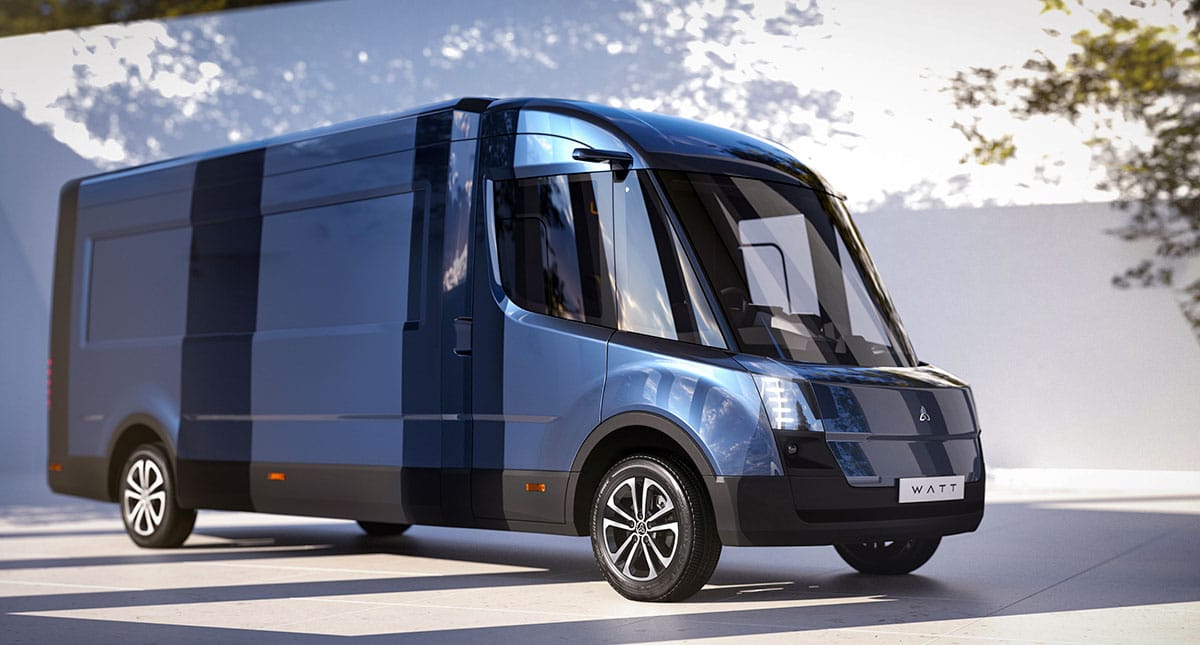


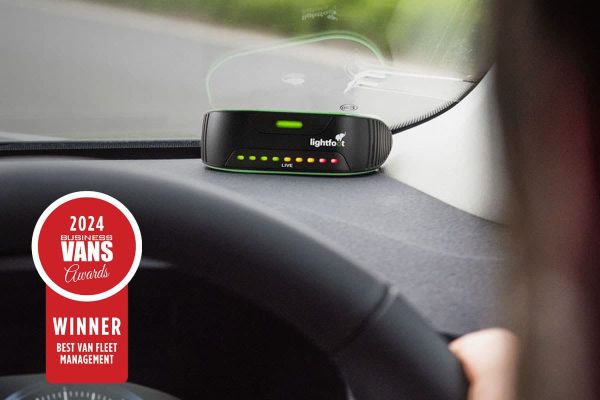
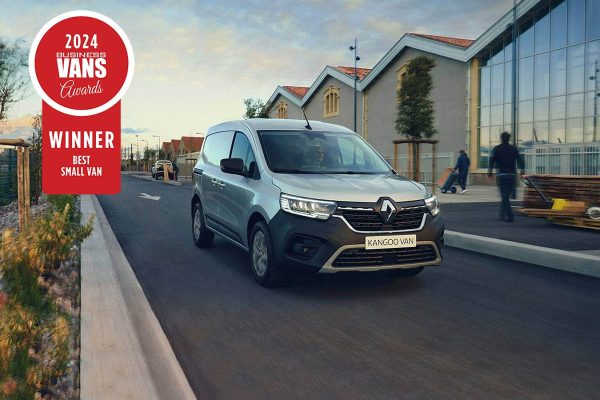
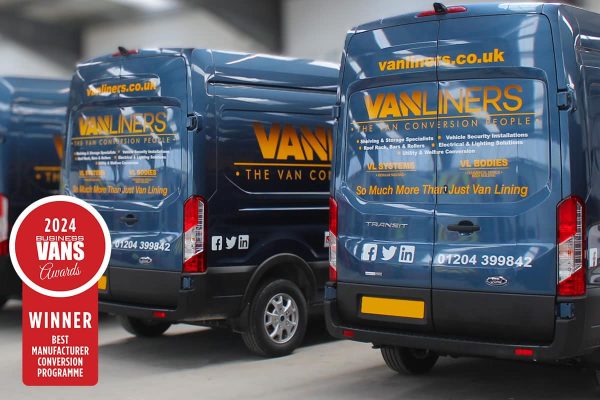
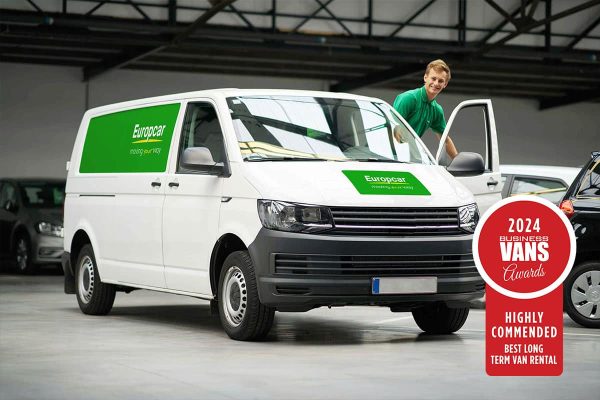
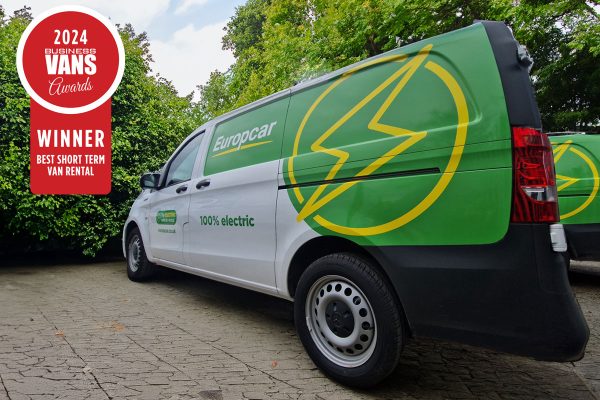

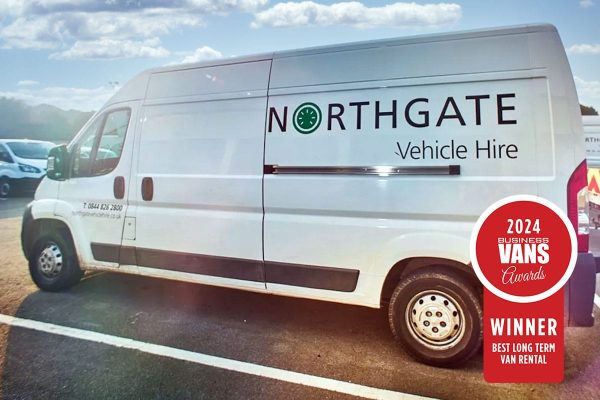


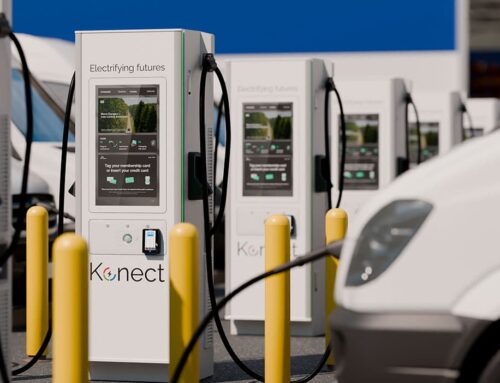
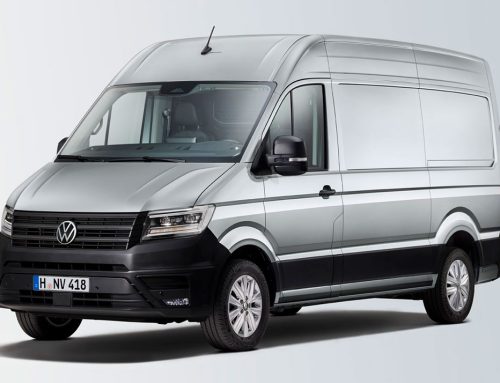


Leave A Comment